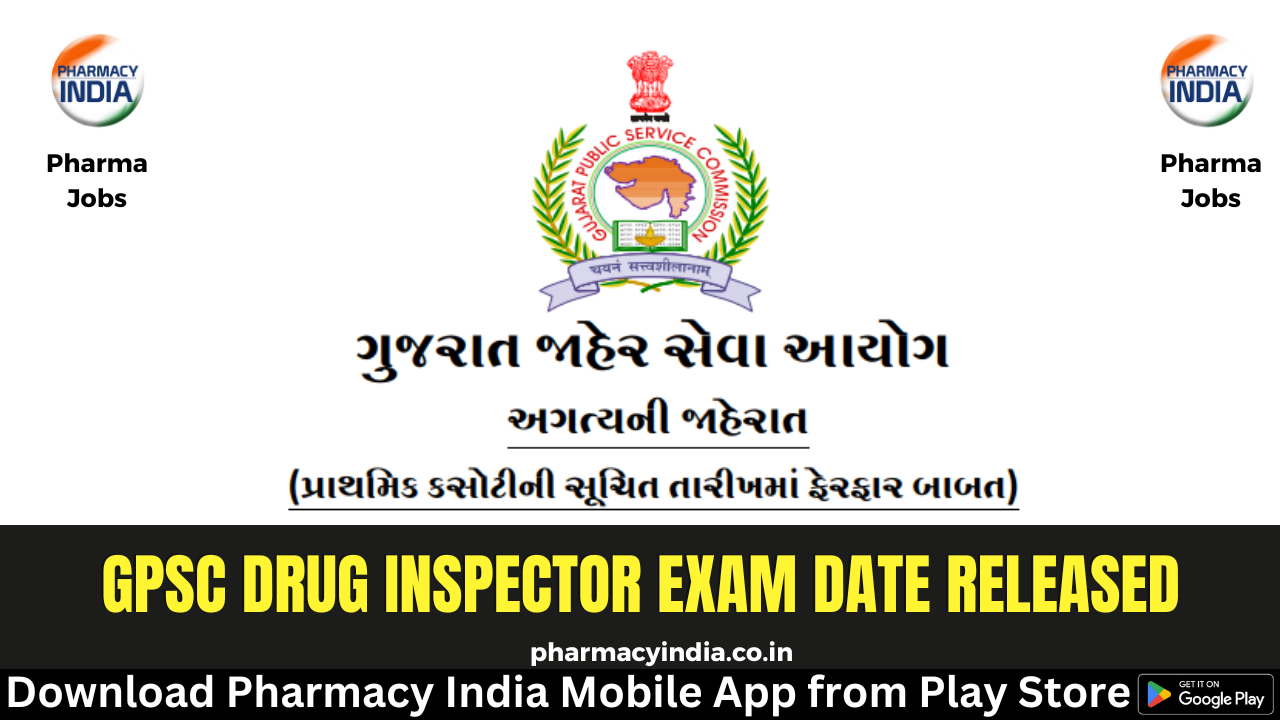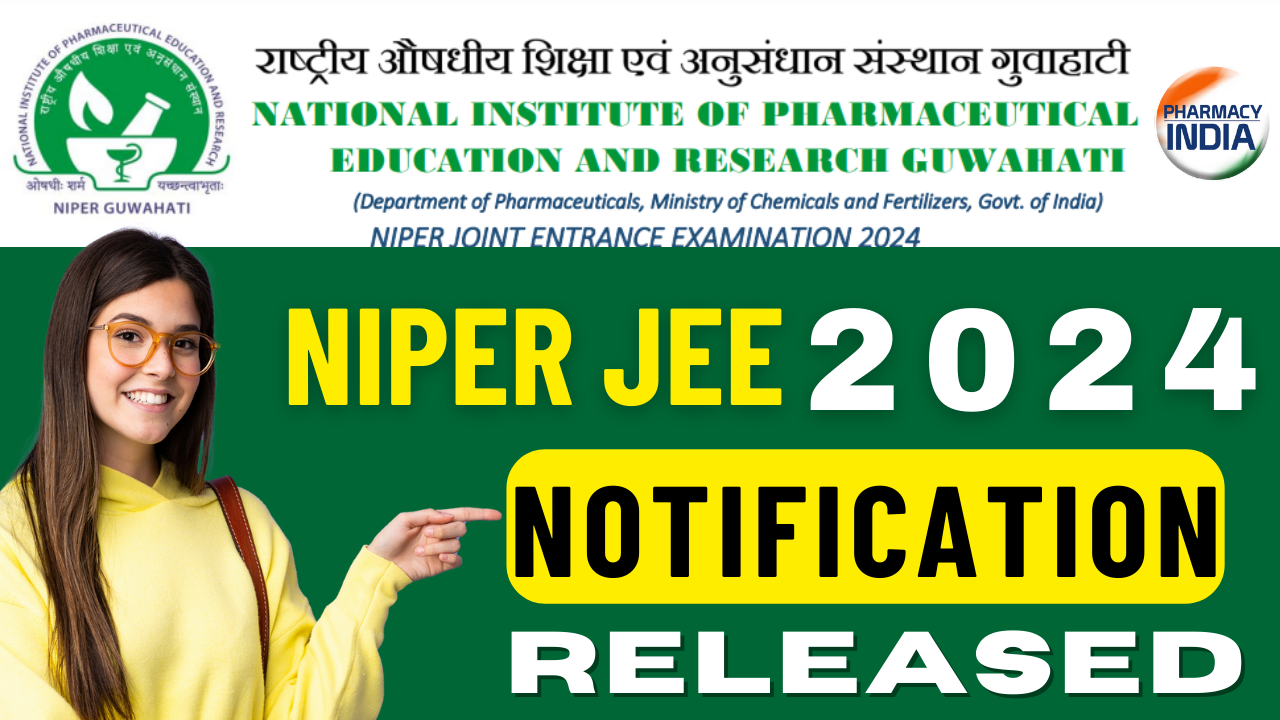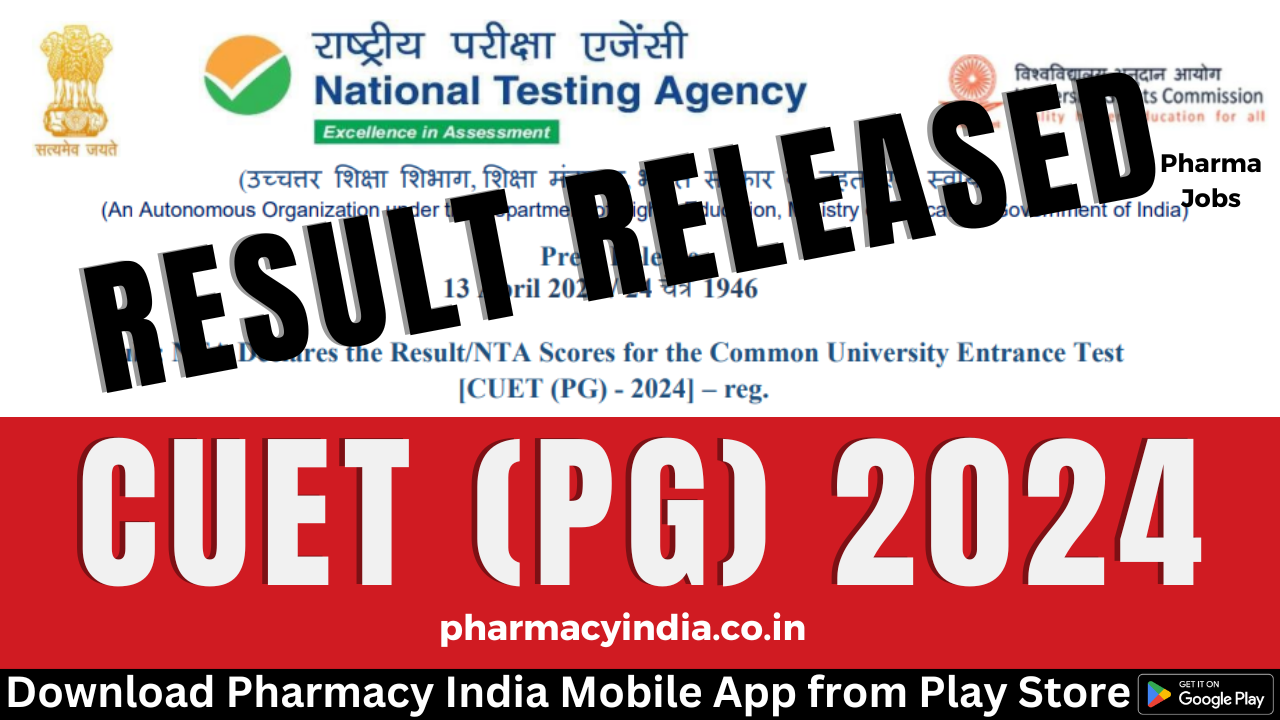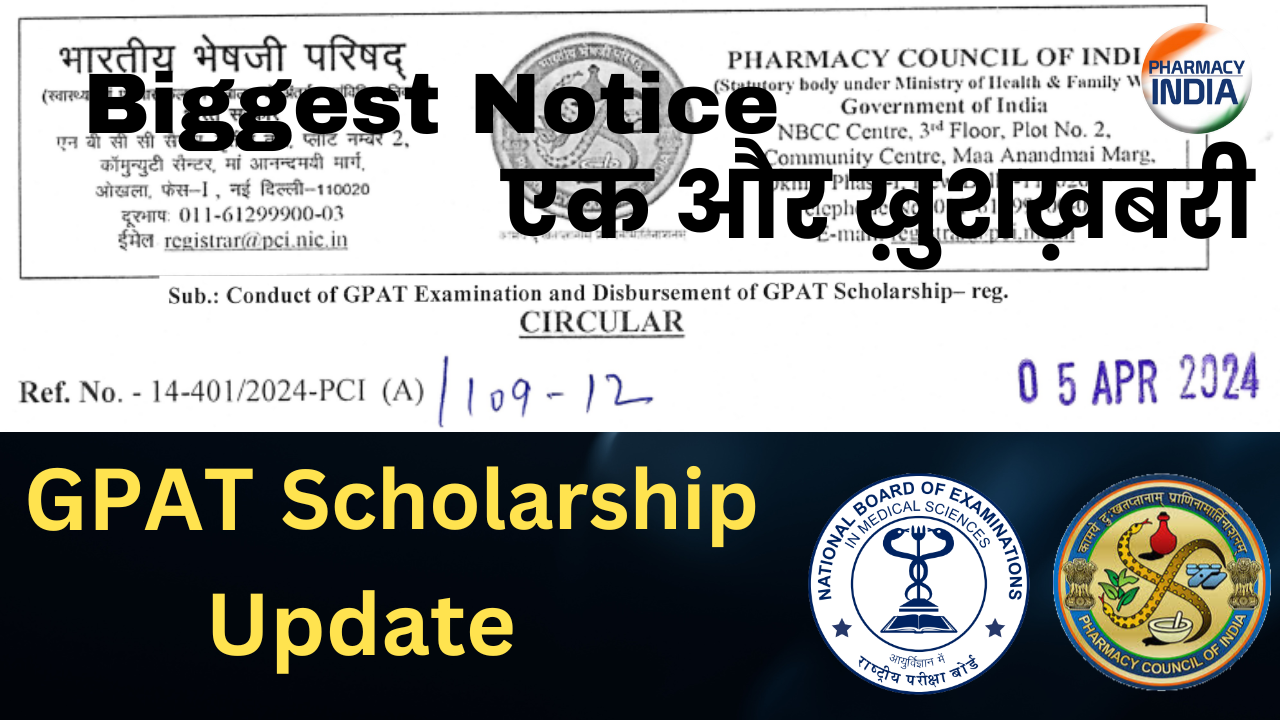The sickle-cell anaemia diagnostic kit developed by ShanMukha Innovations, an incubator company at the Indian Institute of Science (IISc), is now available. The endeavour will provide the Union government’s goal of eradicating sickle cell anaemia by the year 2047 a boost. The Bengaluru-based ShanMukha Innovations, a start-up nurtured by the Society for Innovation and Development (SID) at the IISc, is the name behind India’s first ever sickle-cell anaemia diagnostic kit manufactured domestically. The test kit, SickleCert, uses a HaemoCube portable analyzer and High Performance Optical Spectroscopy (HPOS) as its foundation.
Haemoglobin S, a gene that is defective in sickle-cell anaemia, transforms flexible red blood cells into stiff sickle-shaped cells, obstructing blood flow and raising the possibility of organ damage. According to the government, its mission will involve raising awareness, conducting a general screening of seven crore people in the 0–40 age range in successful tribal areas, and providing counselling through joint efforts of central ministries and state governments.
Over 300,000 infants are born each year with sickle cell disease worldwide, with the majority dying before turning five in low-income nations. In Maharashtra, Madhya Pradesh, Chhattisgarh, and Odisha, tribal and general communities, the disease is common. The business later created a point-of-care test for sickle-cell anaemia that is both inexpensive and effective for screening huge populations. The tests produced results with an accuracy measure of 97.6%, a sensitivity of 96.9%, and a specificity of 98.6%.
This result is an illustration of multi-partner collaboration between IISc, ShanMukha Innovations, ICMR, DHR, CDSCO, and the Ministry of Health to foster an indigenous technology and mould it to line with the National Mission, according to Arun B, director, ShanMukha Innovations. In November 2022, ShanMukha Innovations received approval from the Central Drugs Standard Control Organization (CDSCO) to manufacture SickleCert kits as a Class C in-vitro diagnostic medical product. In Madhya Pradesh and Maharashtra’s tribal districts, multi-centric field investigations that the Indian Council of Medical Research (ICMR) had recommended were successfully conducted in February.
“The test delivers extremely precise results in 15 minutes with a small amount of blood from a finger prick. In batch mode, over 40 samples can be evaluated in an hour, allowing a significant number of screens to be finished in a lot less time. Incorporating digital data collection, analysis, and integration with numerous registries, the Ayushman Bharat Health Account (ABHA), and other cloud-based patient health record systems is made possible by a companion smartphone application “said Sai Siva Gorthi, a principal investigator and an associate professor at IISc’s department of instrumentation and applied physics.






